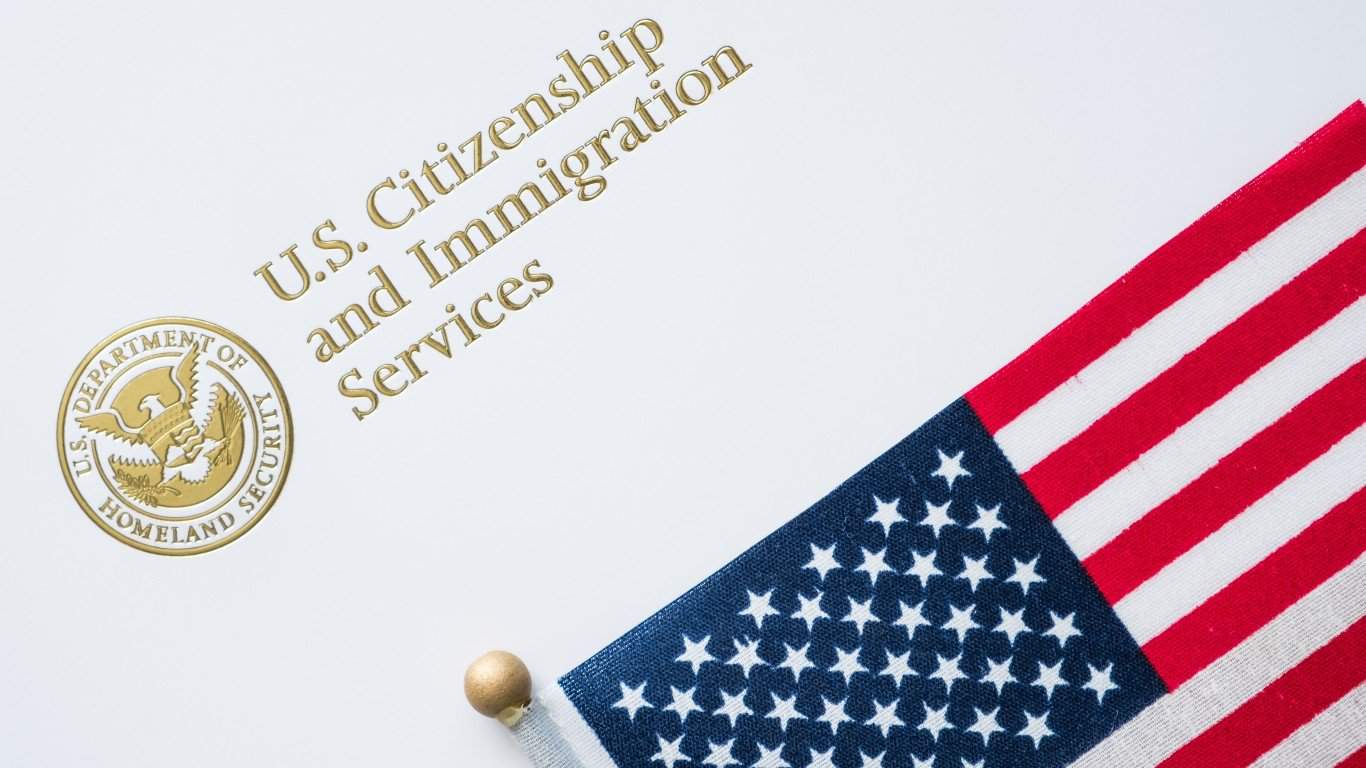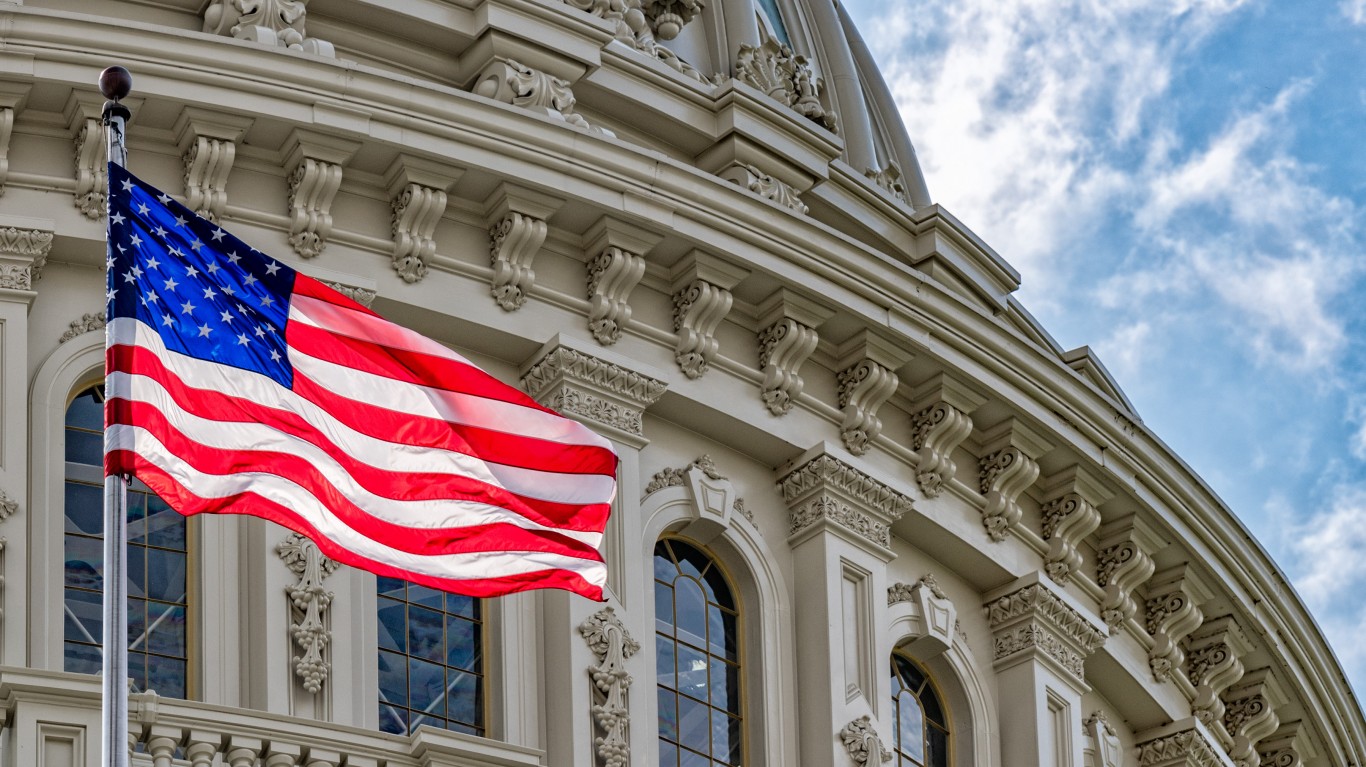The United States is a nation that was founded on immigration. It is a country that has the largest amount of immigrants in the world and the numbers are only increasing each year. According to the World Population Review, America is comprised of 50.6 million immigrants (compare this to Germany, which comes in second with a foreign-born total of 15.8 million.) Despite recent political moods, the nation has a long history of welcoming foreigners from all over the world.
The U.S. welcomes record numbers of new citizens each year. In the 2023 fiscal year, there were 878,500 people welcomed as new Americans, during naturalization ceremonies held across the United States and around the world, according to the U.S. Citizenship and Immigration Services (UCIS).
One of several requirements that they need to meet is a knowledge of U.S. history and government. This is done by taking a citizenship test. A United States Citizenship and Immigration Services officer randomly selects 10 questions from a list of 100 and reads them in English to the would-be citizen, who must answer at least six correctly. Some questions are easy — who is the president of the United States or what are the two main political parties. Others, however, can make even citizens think twice.
Just 36% of Americans would pass a multiple choice test with questions from the civics test, according to a 2018 national survey conducted by Lincoln Park Strategies, an analytic research firm. If they took the test the same way an applicant did – orally with no multiple-choice option – the percentage might be even lower.
If you want to be unofficially ratified as an expert in American history, geography, and government, see if you can answer what are considered the hardest questions on the test. The good news is that even though some questions have multiple correct answers, a person only has to know one. No one will have to memorize all 56 people who signed the Declaration of Independence.
To compile a list of the toughest questions on the U.S. citizenship test, 24/7 Tempo reviewed several sources, including a 2011 study by Paula Winke, a professor at Michigan State University who studies language and language testing, a 2018 national survey conducted by Lincoln Park Strategies, an analytic research firm, and two online guides for the U.S. citizenship test. The questions on this list are in no particular order, but all of them were considered the most difficult by these sources.
Here are the toughest questions on the U.S. citizenship test
Name three of the 13 original colonies
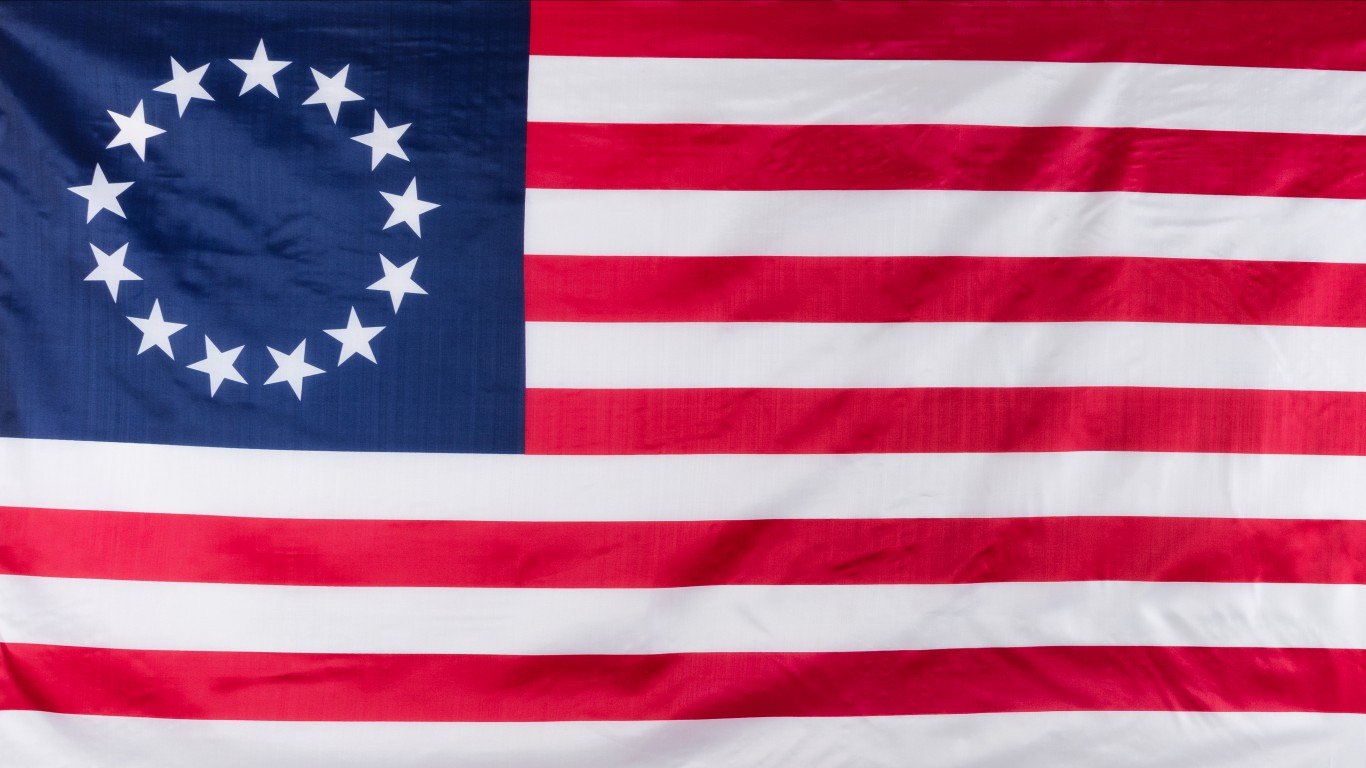
About two-thirds of Americans either incorrectly identified or were unsure of which states were among the original 13, according to a 2018 national survey conducted by Lincoln Park Strategies, an analytic research firm. There are several tips to memorize at least three. Perhaps the easiest one is to remember the three states whose names start with “New.” These are New York, New Jersey, and New Hampshire.
Here are all 13: Delaware, Pennsylvania, New Jersey, Georgia, Connecticut, Massachusetts, Maryland, South Carolina, New Hampshire, Virginia, New York, North Carolina, and Rhode Island.
What is one thing Benjamin Franklin is famous for?
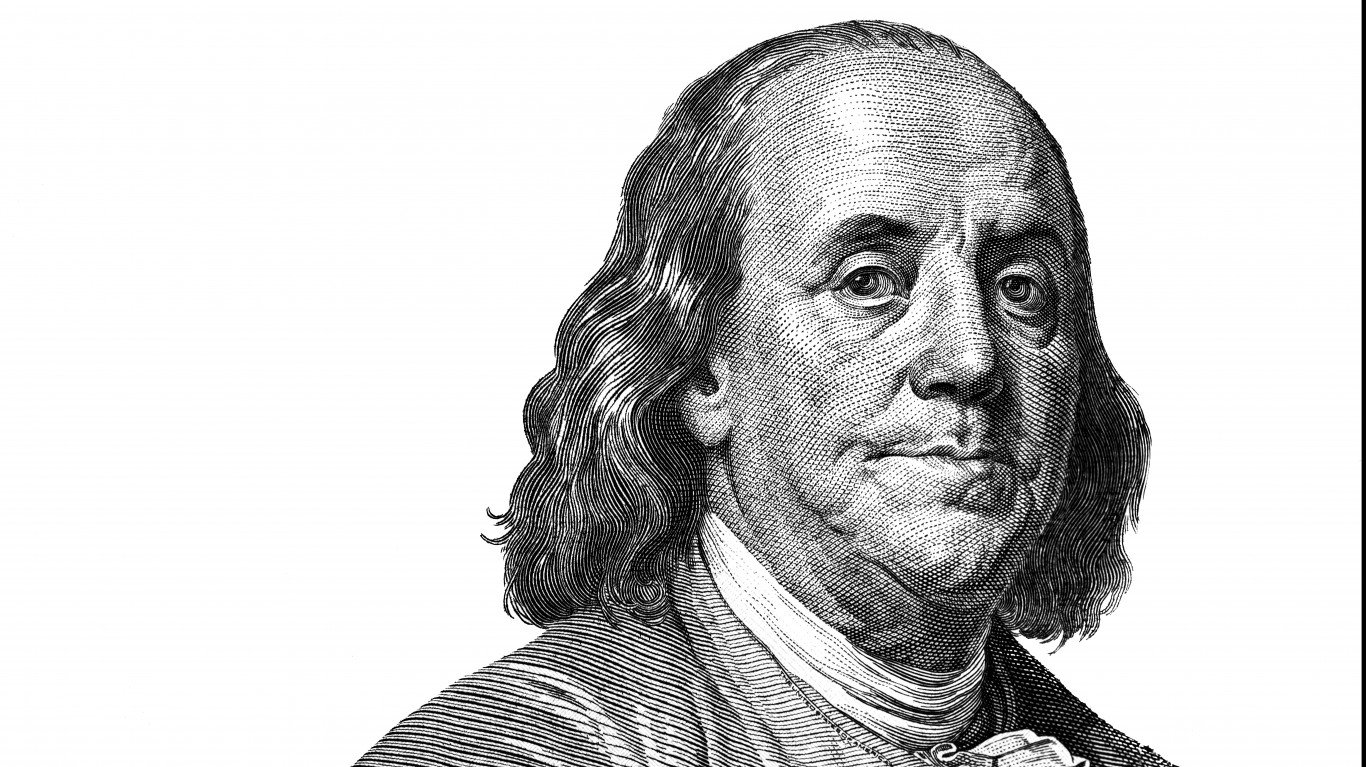
Perhaps an easier question would be “What wasn’t he known for?” You might answer “a scientist and an inventor.” While technically this is not wrong, the answer is not acceptable. Your options are: U.S. diplomat, oldest member of the Constitutional Convention, first Postmaster General of the United States, writer of “Poor Richard’s Almanac,” and started the first free libraries.
A quarter of Americans answered with one of these four options. About 37% said he invented the lightbulb, according to the 2018 survey.
Why did the colonists fight the British?
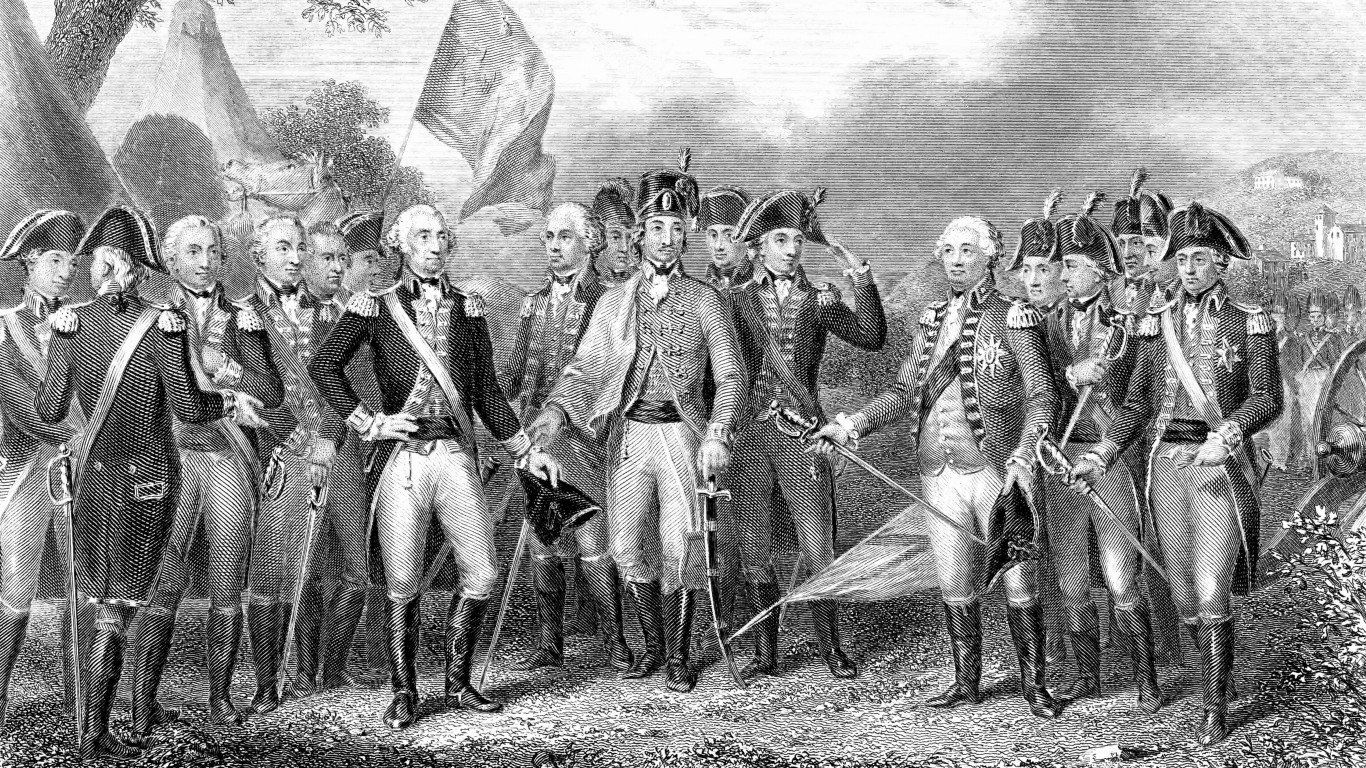
Some may consider this a tricky question. Maybe most people will go for an answer that focuses on independence, and this is not wrong. It’s just not a direct cause of the war. About 24% of Americans knew the correct answer, according to the 2018 poll.
The three possible correct answers are: because of high taxes (taxation without representation); because the British army stayed in their houses (boarding, quartering); and because the colonists didn’t have self-government.
Before he was President, Eisenhower was a general. What war was he in?

The correct answer is World War II — and you’ll just have to memorize it if history is not your strong suit. What may help is if you remember he was a general. He led the Western Allies’ invasion of Nazi-occupied Europe that began on D-Day.
In the 2018 national survey, 12% of Americans incorrectly thought Eisenhower led troops in the Civil War, and 6% said he was a Vietnam War general.
What does the judicial branch do?

Do the terms separation of powers and the three branches of the government ring a bell? The judicial branch consists of courts — the Supreme Court, federal, state, and local. The four possible answers are: review laws; explain laws; resolve disputes (disagreements); and decide if a law goes against the Constitution.
What are two rights in the Declaration of Independence?
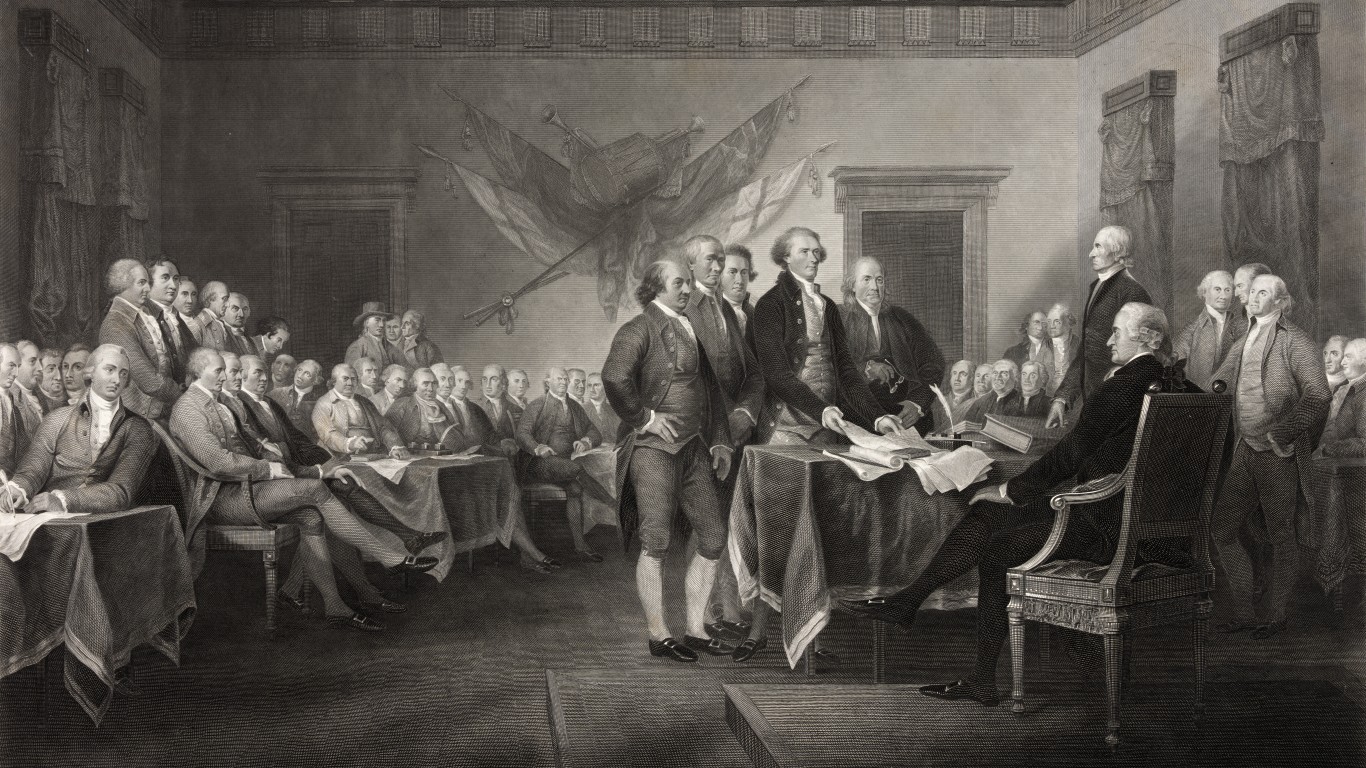
Life, liberty, and the pursuit of happiness. These are the three rights the Declaration of Independence states are inalienable and can’t be taken away or given up. You only need to remember two. Maybe a good reminder would be the popular movie “The Pursuit of Happyness,” starring Will Smith.
Who was President during World War I?
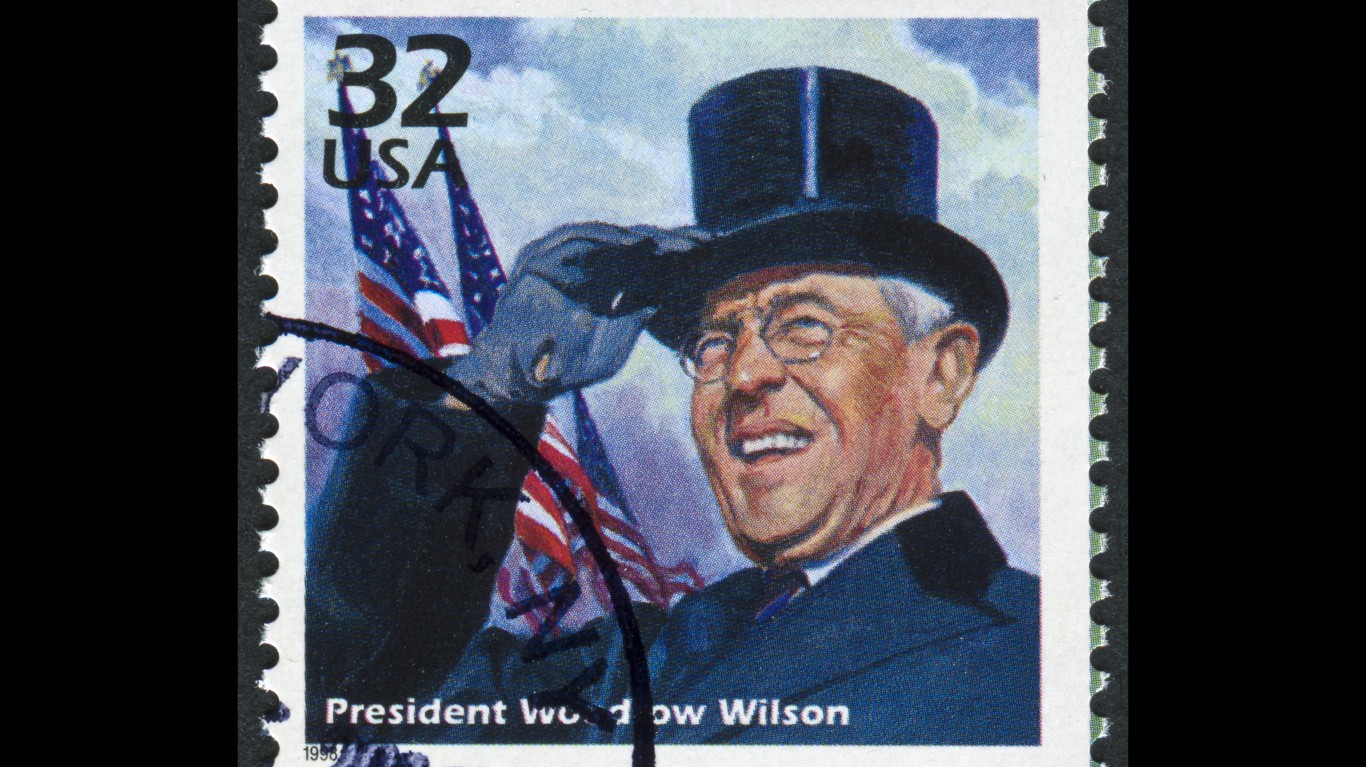
There is only one correct answer — Woodrow Wilson. There are no tricks to help you remember. You either know it or you don’t.
The Federalist Papers supported the passage of the U.S. Constitution. Name one of the writers.
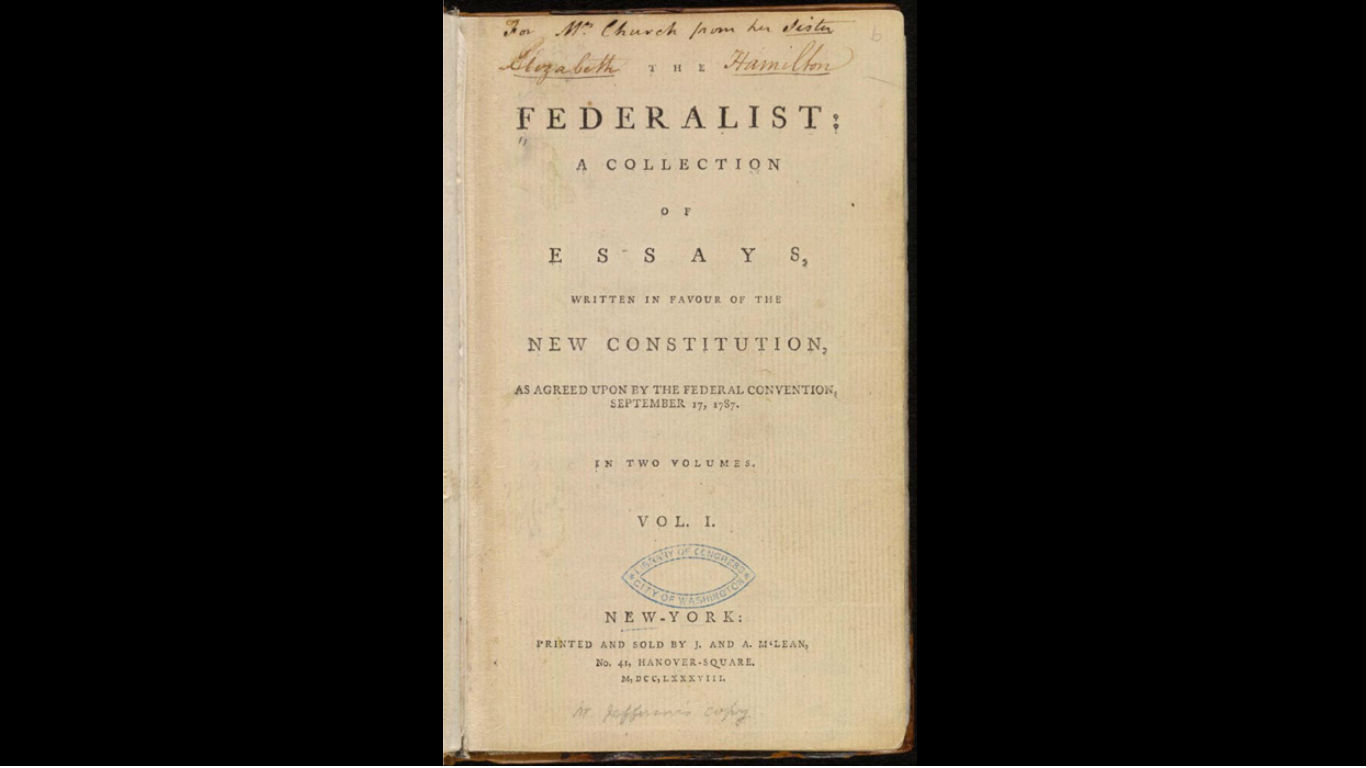
The Federalist Papers are also known as The Federalist. They were a series of 85 articles and essays published in newspapers arguing for the signing of the new Constitution. There were three authors, who wrote them under the pseudonym “Publius.” So the four possible answers are James Madison, Alexander Hamilton, John Jay, or Publius.
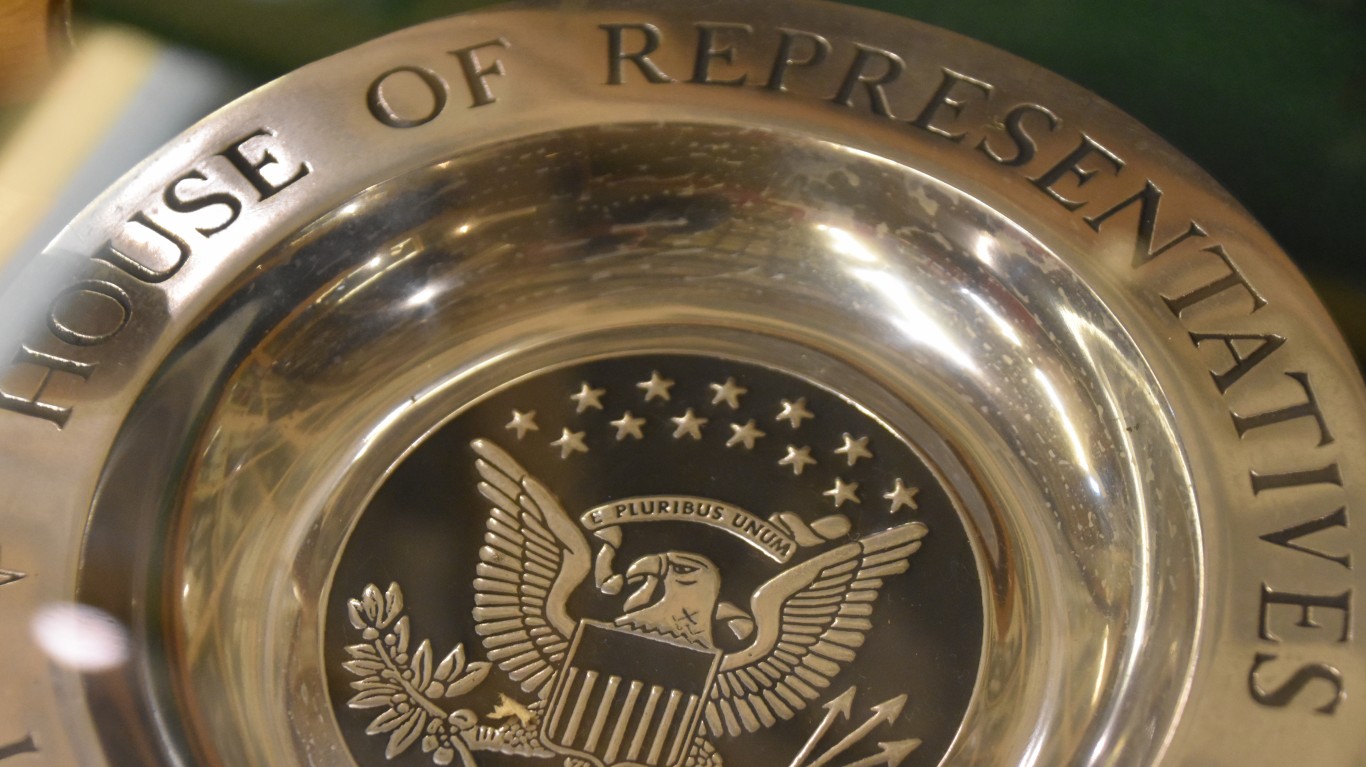
With so much of the news focusing on President Donald Trump, it’s easy to forget who the Speaker of the House is. Currently, it’s Mike Johnson. At least you don’t have to know what political party he belongs to (Republican Party).
Who was President during the Great Depression and World War II?
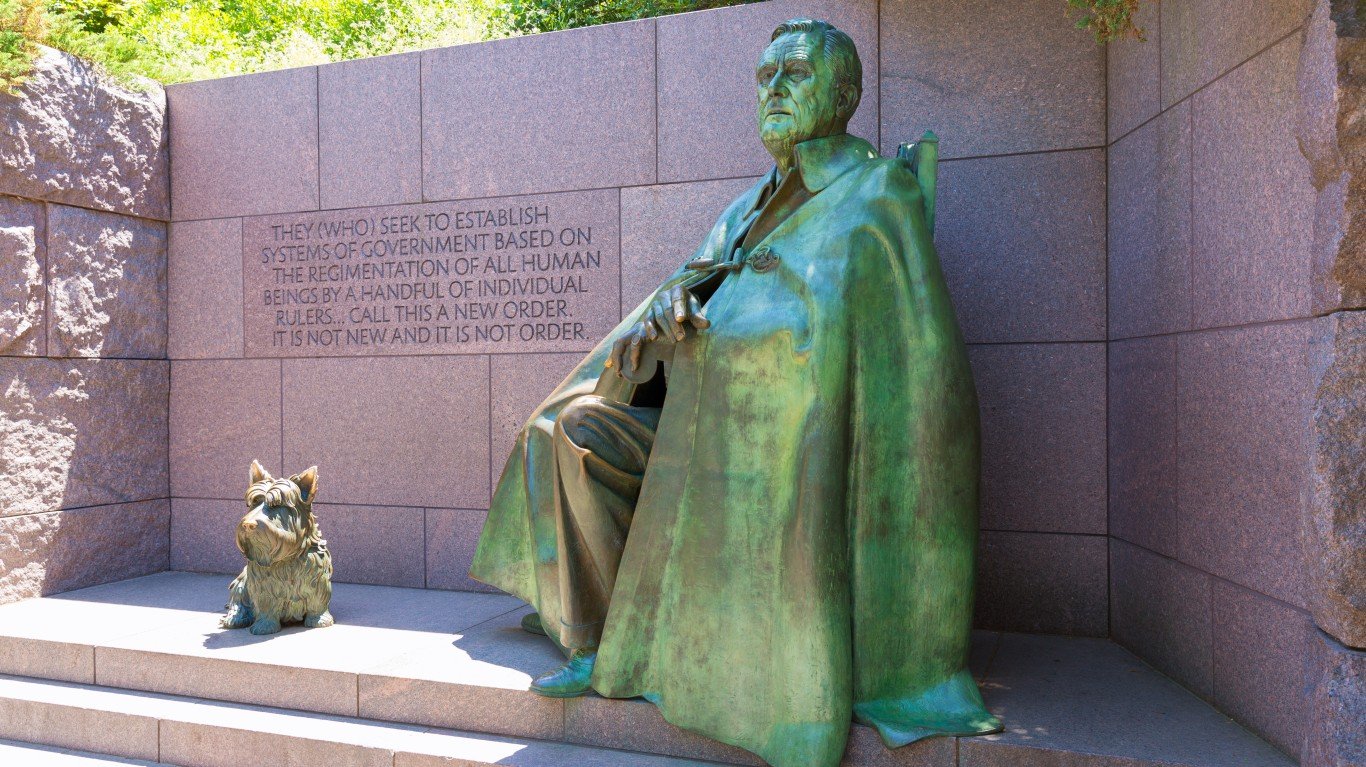
If the question was just about World War II, the answer might have been tricky. The addition of the Great Depression period is a hint. The correct answer is Franklin Roosevelt.
Name your U.S. representative.

There are 435 possible answers, but only one correct answer per person living in a certain area. You just have to look up who represents your district in the House of Representatives. For example, if you live in Maryland’s seventh district, your representative is Elijah Cummings.
When was the Constitution written?
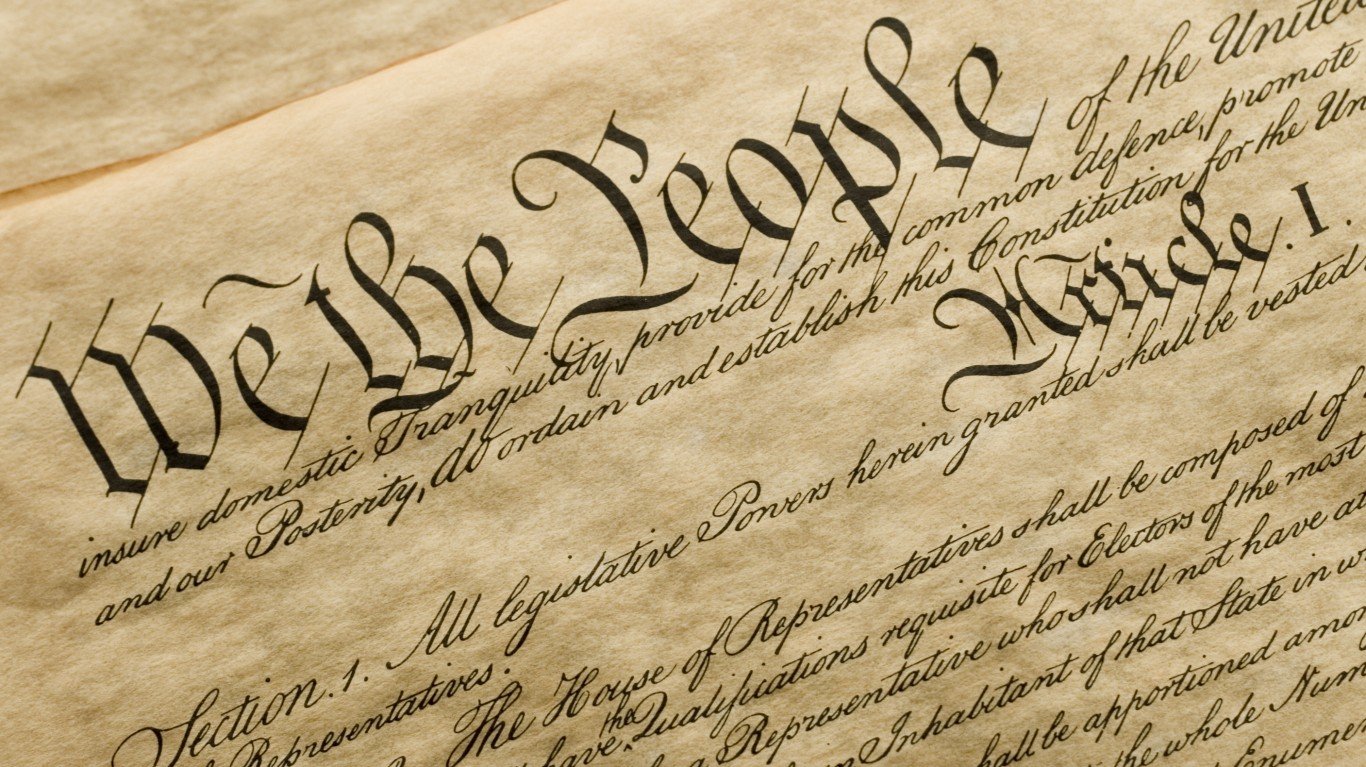
Maybe this is among the most difficult questions because people automatically think 1776, which was the year the Declaration of Independence was signed. The correct answer is 1787.
Who is the Chief Justice of the United States now?
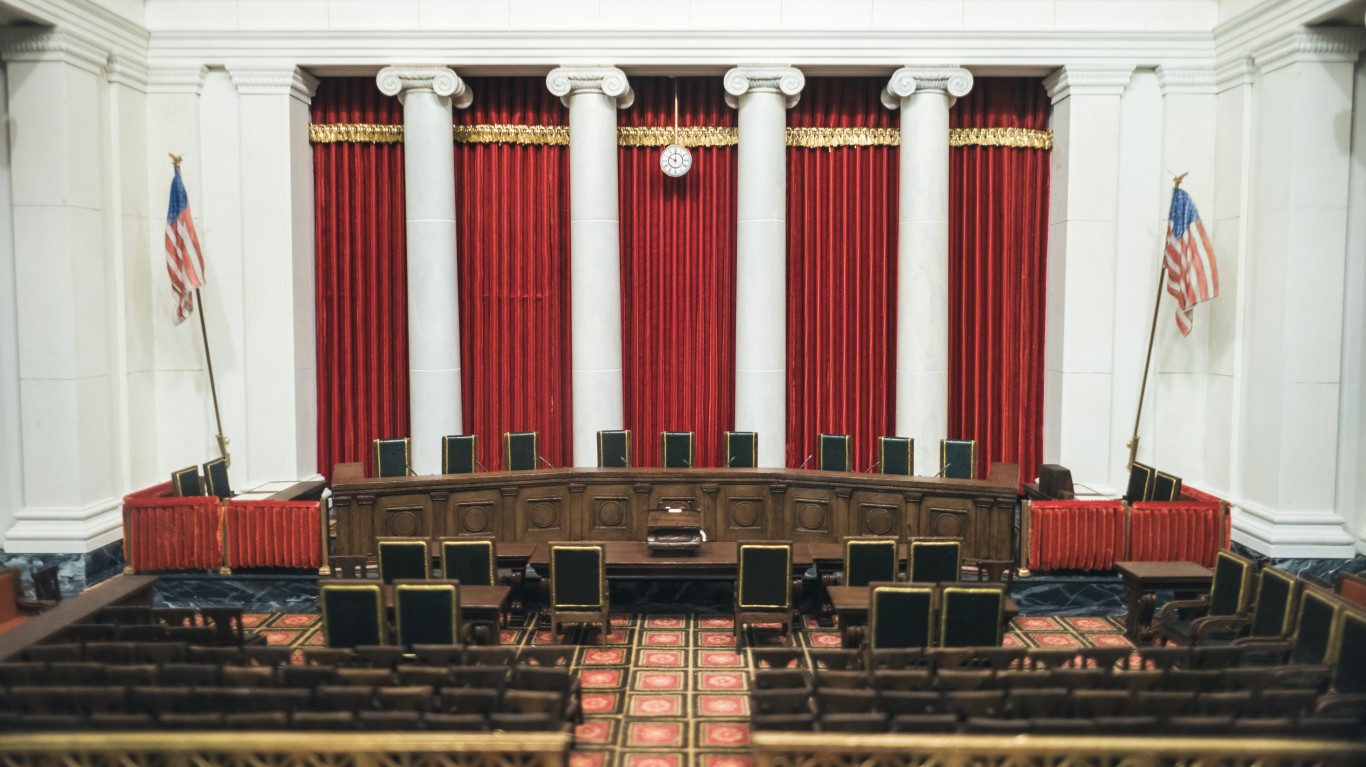
How often do you hear about the Supreme Court in the news? And even when you do, the justices are rarely singled out (except Trump’s two nominees.) The Chief Justice of the Supreme Court is John G. Roberts, Jr. (The only other name that may have been easier to remember is John Smith.)
Who is one of your state’s U.S. senators now?
There are 100 possible answers as there are 100 senators in Congress. Each state has two, and you just have to know one of them. For example, if you live in New York, you can answer either Kirsten Gillibrand or Chuck Schumer.
How many amendments does the Constitution have?
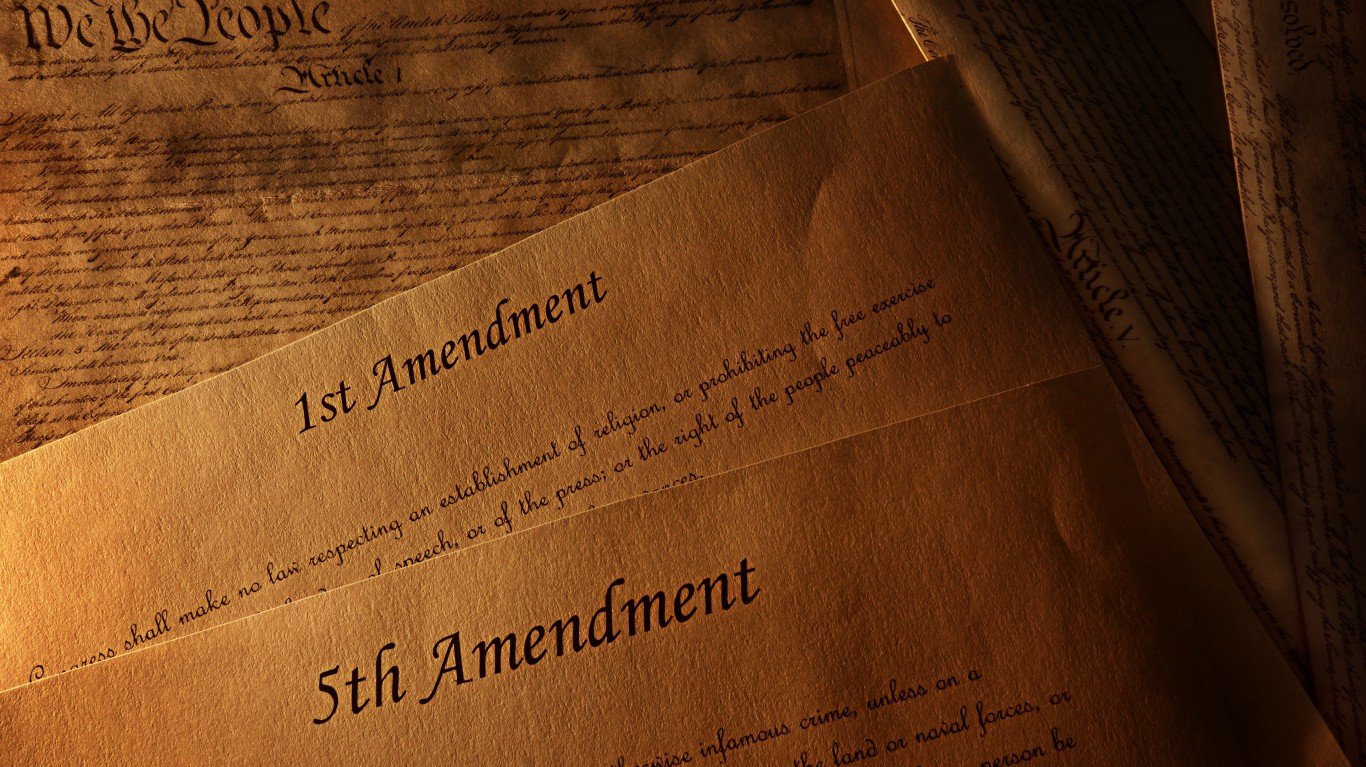
It’s just a number you have to remember and there is no trick to it. The correct answer is 27.
The House of Representatives has how many members?

Maybe there is just something about people and numbers that just makes them hard to memorize. It’s a big House, and it has 435 voting members.
How many Justices are on the Supreme Court?
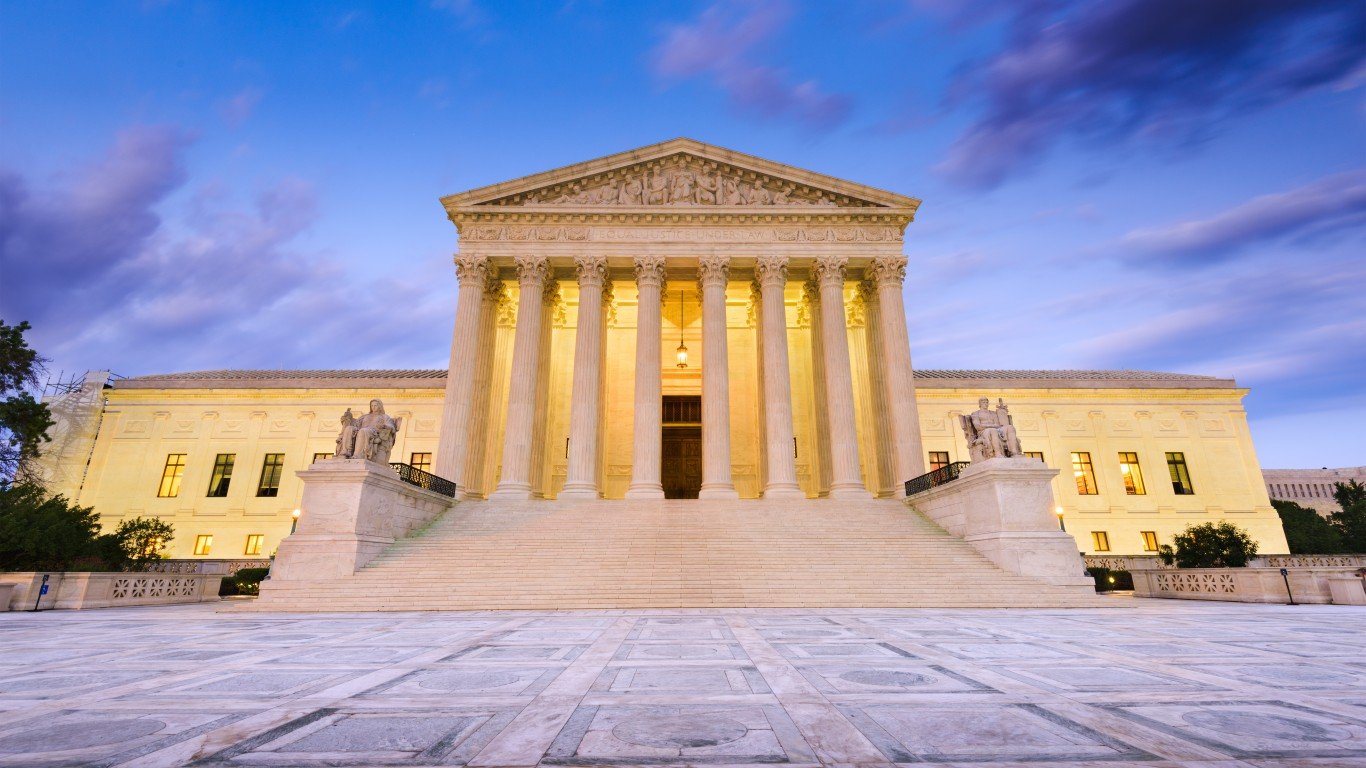
Another question the answer to which is a single number that you just have to remember — nine. (At least you don’t have to know all justices currently serving on the court.)
What is the “rule of law”?

There are four ways you can answer that are considered correct: Everyone must follow the law; leaders must obey the law; government must obey the law; no one is above the law.
Name one of the two longest rivers in the United States.

One of them is perhaps the most famous river in the country — the Mississippi River. The other one is the Missouri River. (Two rivers named after states and both start with the letter M. It should be easy enough to remember.)
We elect a U.S. senator for how many years?
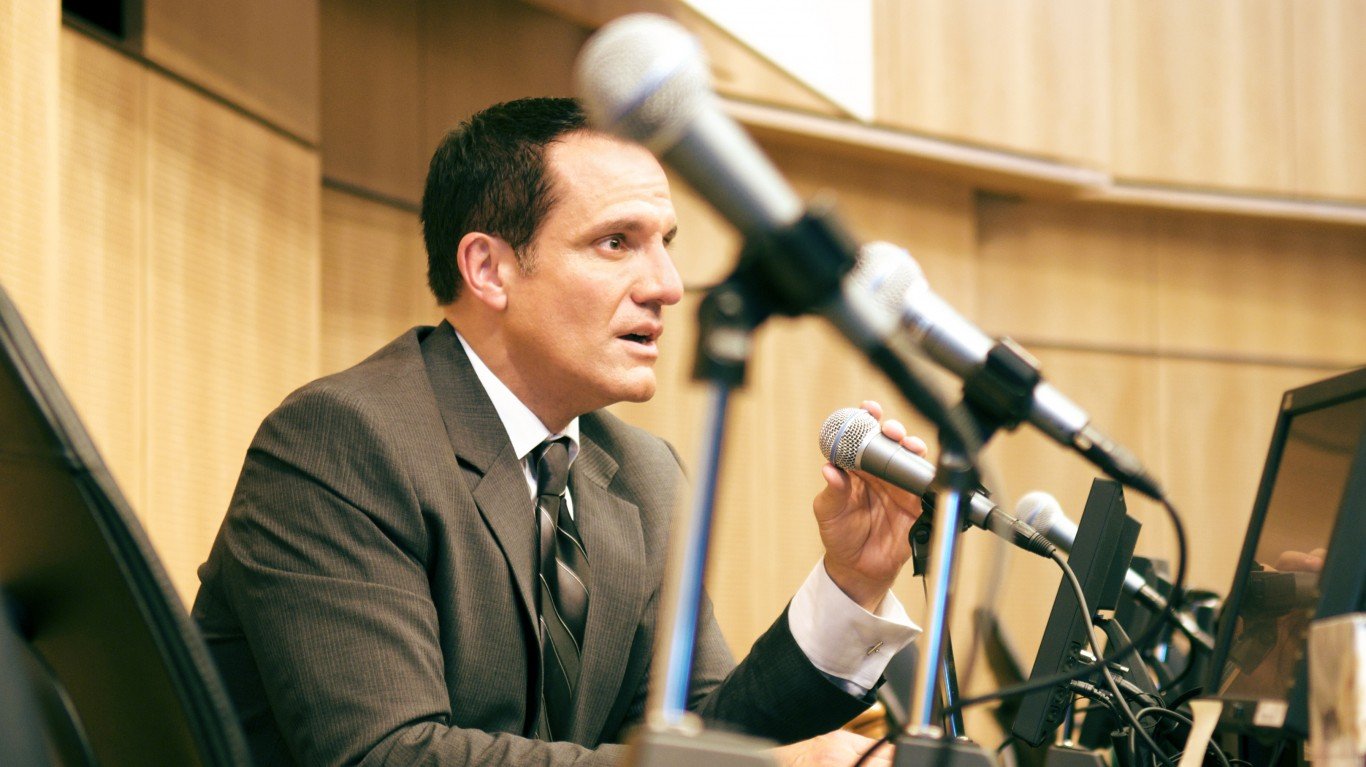
Again, a question with a simple, singular answer — six years. It’s not difficult to see why some people may find it confusing. After all, presidents are elected for four years, members of the House of Representatives for two, governors for four (except those of Vermont and New Hampshire), and senators for six. Too many numbers to remember…
Under our Constitution, some powers belong to the federal government. What is one power of the federal government?

There are four possible answers: to print money; to declare war; to create an army; and to make treaties.
URGENT – New Seats Available (sponsored)
Top financial advisors are now accepting new clients for 2024! Finding the right advisor can be the difference between retiring early, or working forever. Don’t waste a moment matching with the right advisor for you. Every moment today can mean riches tomorrow, with the right advisor by your side.
Use the advisor match tool below, or click here now, to find your financial freedom!
